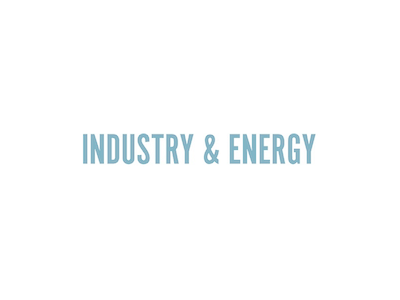The Netherlands – In the Dutch fossil energy industry, new projects will no longer be eligible for export credit insurance as of January 1, 2023, unless they are in conformity with the international agreement to keep global warming to 1.5 degrees.
To aid firms in the energy transition, the export credit insurance will also be made more enticing for green projects. A significant step toward further greening export credit insurance is the development of the declaration from the COP26 climate summit held in Glasgow last year. In order to provide a level playing field as much as possible, the government sought consultation with other signatories when developing the COP26 declaration.
The anticipated government policy is intended to stop fresh public support via the export credit insurance for the fossil energy sector overseas as of January 1, 2023, in accordance with the declaration the government signed at COP26. Support for new projects involving the exploration, extraction, processing, storage, transshipment, and transportation of fossil fuels, as well as the production of energy using fossil fuels, won’t be possible under the proposed policy. A significant step toward further greening export credit insurance is the development of the declaration from the COP26 climate summit held in Glasgow last year.
Energy transition
The energy shift can be difficult for companies that engage in a lot of fossil fuel-related operations, but it also presents opportunities for the Dutch business community. Businesses may apply their knowledge to climate projects around the world in this way. Additionally, the energy revolution will soon necessitate a significant investment in green projects. The government is committed to utilizing these chances and would like to do so.
Recent changes include the insuring of higher-risk green transactions and green cover for investments in green technologies, among other steps, to better support green transactions with the export credit insurance. The government is dedicated to further greening export credit insurance with further measures. For instance, work will begin on proactively establishing credit lines for international buyers of Dutch products, enabling buyers to get a credit line that is protected by export credit insurance and used to pay for goods and services in the Netherlands. Additionally, it is hoped that Dutch companies would complete 70% of the projects under the infrastructure programs for development collaboration.
Certain investments in fossil infrastructure will still be required in the upcoming years to provide energy security due to the energy transition. As long as the economic life of the infrastructure is not increased, the export credit insurance is still available under specific restrictions for investments in currently existing fossil infrastructure. Support services for fossil infrastructure, ports with multiple uses, and electricity generation in low-income nations with severe energy poverty are more instances of exceptions. Due to recent geopolitical changes, the proposed policy also provides room for initiatives that protect Europe’s supply security and adhere to REPowerEU policy.
Implementation
The administration decided to enforce a one-year transition period because many projects require a lot of lead time. In this regard, applications made prior to January 1, 2023, but no later than December 31, 2023, may result in a policy. The Netherlands has chosen to implement things slowly.
Since the COP26 declaration was signed in Glasgow (2021), corporations and NGOs have contributed to its development. Coordination with co-signatories on the development of the COP26 declaration has been sought on a global scale. The government wants to make sure that the new policy is implemented carefully and that firms are treated equally. The administration will keep in touch with the other nations who signed the COP26 declaration in the upcoming term. The explication is therefore intended to be policy, which can yet be changed if new policy developments arise in other nations.





